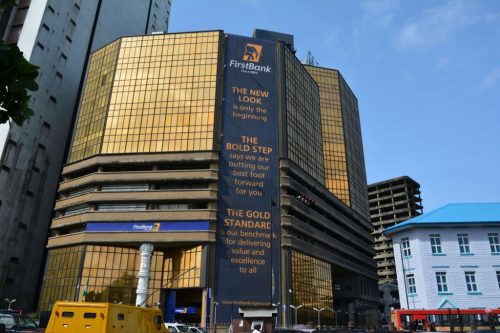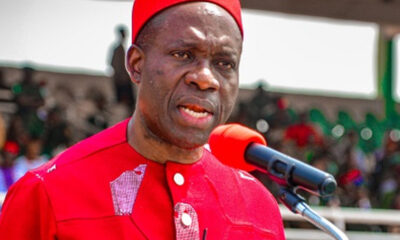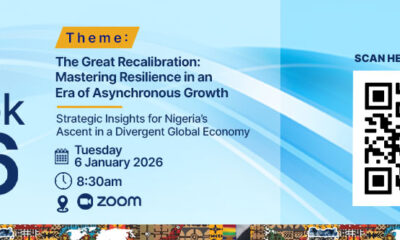BUSINESS
Having A Firstbank Salary Account Can Ease Your Money Problems, Find Out How…

- /home/porsch10/public_html/wp-content/plugins/mvp-social-buttons/mvp-social-buttons.php on line 27
https://porscheclassy.com/wp-content/uploads/2021/10/First-Bank-HQ-1000x600.jpg&description=Having A Firstbank Salary Account Can Ease Your Money Problems, Find Out How…', 'pinterestShare', 'width=750,height=350'); return false;" title="Pin This Post">
- Share
- Tweet /home/porsch10/public_html/wp-content/plugins/mvp-social-buttons/mvp-social-buttons.php on line 69
https://porscheclassy.com/wp-content/uploads/2021/10/First-Bank-HQ-1000x600.jpg&description=Having A Firstbank Salary Account Can Ease Your Money Problems, Find Out How…', 'pinterestShare', 'width=750,height=350'); return false;" title="Pin This Post">
-

 BIG STORY2 days ago
BIG STORY2 days agoJUST IN: Defence Headquarters Finally Confirms Coup Attempt Against Tinubu, Indicted Officers To Face Military Trial
-

 BIG STORY2 days ago
BIG STORY2 days agoNo Party Or Person Can Defeat President Tinubu In 2027, Atiku’s Son Declares
-

 BIG STORY2 days ago
BIG STORY2 days agoBREAKING: Soludo Closes Onitsha Market For One Week Over Sit-At-Home Defiance
-

 BIG STORY2 days ago
BIG STORY2 days agoJUST IN: NLC, FCTA Workers Protest At Industrial Court, Demand Wike’s Removal [PHOTOS]
-

 BIG STORY1 day ago
BIG STORY1 day agoAlaafin, Soun Absent As Makinde Kicks Off Oyo 50th Anniversary
-

 BIG STORY2 days ago
BIG STORY2 days agoLeave Me Out of 2027 Running Mate Permutations, Tinubu Will Decide What’s Best —– Dogara
-

 POLITICS2 days ago
POLITICS2 days agoBREAKING: Kano Governor Abba Yusuf Officially Rejoins APC
-

 POLITICS2 days ago
POLITICS2 days agoAPC Dismisses Claims Of Replacing Shettima As Tinubu’s 2027 Running Mate, Says It’s Utterly Baseless























